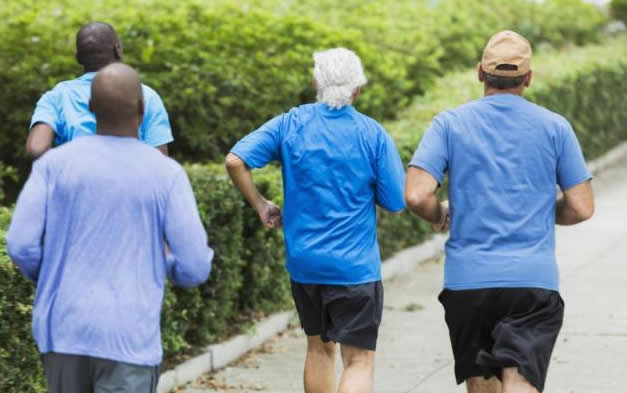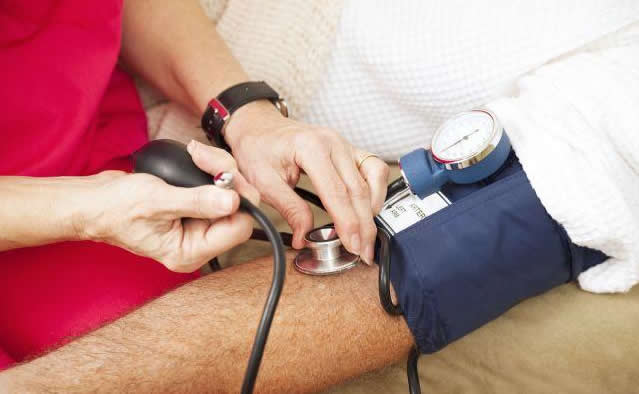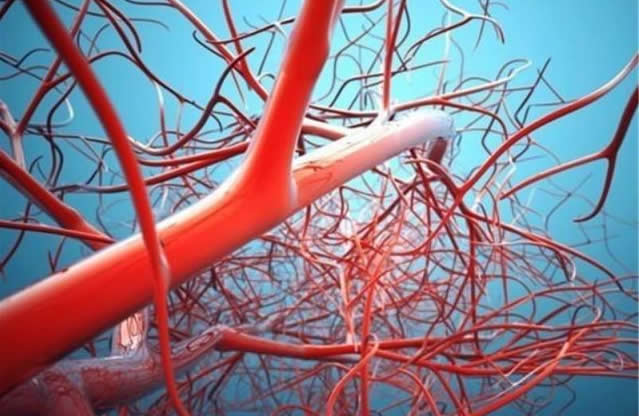Let's find out what the benefits of regular exercise can do for you.

People who like to work out get real pleasure from their efforts in the gym and they like the feeling of being tired but accomplished. They believe that regular physical activity and its health benefits will always be a part of their lives.
You may be married, have children and perhaps have a good paying but stressful job, which could all be one of your countless excuses for not going to the gym. You've put on a few more kilos. Sure, your blood pressure might be a little higher too. But you still think you're healthy, right?

By the time you're 40, you're a lot heavier, your blood pressure is gradually rising into the danger zone and your cholesterol levels are on the edge of worrying. You then look at your own father, who may be nearly 70 years old and taking medication for high blood pressure and high cholesterol. And then look at the hospitals, where men of that age (around 70) abound with brain attacks, stents or heart bypass surgery.

Believe me, no man wants to go to hospital for these reasons if he can avoid it.
So start exercising and come to the gym regularly. Don't wait any longer.
Moderate exercise is something every man can do
Many middle-aged men are aware of this dilemma. With the increasing demands of family and work life, exercise can be difficult to prioritise in your life. Sure, you know it's important. But with family and kids wanting more attention when work is more demanding, it's easy to think at the end of the day, "Why bother finding the time to work out?"
There's a best reason. Staying active throughout your life is the most effective way to stay healthy and live a long life so you can have a good body to enjoy your family and everything you've worked for.

Exercise gets your heart and lungs working efficiently and we are coming to realise that exercise can help prevent adult diabetes, improve bone health and even reduce the risk of certain cancers. Exercise also seems to help relieve depression (lower stress) in some people.
If there's time for you to sit on the sofa and watch tv, then get up and get some exercise. Even moderate regular exercise can give you these benefits. Come along and find out more.

Lower cholesterol

As most men get older, cholesterol levels often become problematic. The so-called bad cholesterol is the gradual increase in ldl levels. The levels of beneficial cholesterol, i.e. Hdl, fall. Unfortunately, this condition is one of the main risk factors for heart disease. Excess cholesterol builds up in the lining of blood vessels, leading to joint sclerosis and heart attacks. The best way to maintain ldl cholesterol levels is to eat foods low in saturated fat (found in both meat and high-fat dairy products). What is the best way to raise hdl cholesterol? Exercise.
One study of 835 men found that regular physical activity was consistently associated with higher levels of hdl cholesterol. An analysis of 52 exercise training trials (including 4700 subjects) found that hdl levels rose by an average of 4.6%, enough to significantly reduce the risk of heart disease.
Lowering triglycerides

Triglycerides are a type of fat found in the blood. Elevated triglyceride levels are associated with an increased risk of heart disease. One study found that the higher the hdl levels, the lower the triglyceride levels in the most active men
Reduced risk of high blood pressure

As blood pressure rises, the risk of heart disease and stroke also increases. Unfortunately, blood pressure levels usually rise as men get older. But they need not worry too much. In one study, researchers followed men and women aged 18 to 30 for up to 15 years. The more active the volunteers were, the lower their risk of developing high blood pressure.
Reducing inflammation

Regular exercise has been shown to reduce levels of c-reactive protein, which is a measure of inflammation. This is important because plaques with high levels of cholesterol in the lining of the arteries are most likely to rupture and cause heart disease when they become inflamed. One study, found that men with higher aerobic capacity (measured by maximum oxygen uptake) were found to have lower levels of c-reactive protein and lower other indicators of inflammation.
Better blood vessels

In order to adapt to the changing demand for oxygen, blood vessels must be flexible enough to widen or narrow. Smoking, cholesterol buildup and simple ageing can stiffen blood vessels and increase the risk of heart attack. A growing body of research suggests that exercise training helps to maintain the ability of blood vessels to open and contract in response to the changing demands of the body.
Reduce the risk of diabetes

Adult diabetes, caused mainly by excess body fat, is one of the biggest impending health risks. Keeping active can help you lose weight. But research shows that exercise can reduce the risk of developing diabetes even in people who are overweight or obese. The diabetes prevention study found that over a three-year period, exercise and weight loss exercise reduced the risk of type 2 diabetes by 58%. The volunteers who took part in the study did not run a marathon. In fact, the exercise they did just burned an extra 593 calories, an exercise intensity that for most men is only equivalent to walking about 10 kilometres a week.
Preventing colon cancer

Colon cancer is one of the leading causes of cancer deaths in men. About 80% of this serious disease can be prevented. A healthier diet (with more fibre and whole grains) is an important part of this. But exercise is just as important as diet. Studies have shown that physical activity can reduce the risk of colon cancer by as much as 30 to 40 per cent.
Strong bones

As men age, their bones become thinner, which can lead to a greater risk of fractures. In a study of 3,262 men aged 40 to 60, moderate-to-vigorous physical activity significantly reduced the risk of hip fracture.
Weight loss

If the quest for beauty is enough to drive you to the gym, consider this:A lifetime of regular physical activity, even something as simple as walking for half an hour a day, can help keep your belly from going over your waistband. Experts studied the habits of 3,000 people who managed to lose 10% of their body weight and keep it off for at least a year. The results showed that 80% of them said they would increase their physical activity. The men in this group increased their activities to include: Walking, cycling, blood traininga, running and climbing stairs, which was enough to burn an extra 3,000 calories or more per week.
Several recent studies have shown that men who participate in regular physical activity have smaller waistlines. In one study, a group of 58 volunteers began a programme of walking 10,000 steps a day. After 36 weeks, the volunteers' waist and hip circumferences had each shrunk by almost 2.5 cm.
Longevity

Overall, an active life also means a longer, healthier life. In one study, researchers followed 15,853 men between the ages of 30 and 59. During the 20-year study period, men who exercised regularly (e.g. Jogging, skiing, swimming, playing ball, etc.) were 21% less likely to develop cardiovascular disease or die from any cause of illness.
How much exercise do you need to get these health benefits?

The correct answer to how much exercise you need depends in part on what you want. Burning an extra 1,000 calories a week may extend your life expectancy. To significantly reduce your risk of colon cancer and diabetes, this way walking for half an hour a day for most of the week is enough.

But the more physical activity you fit into your daily life, the healthier you will be. Most studies on fitness exercise have shown the stimulation of the body by the intensity of the exercise. In general the more you do, the more you benefit.
Of course the intensity of exercise should be increased gradually, depending on your physical condition.






















